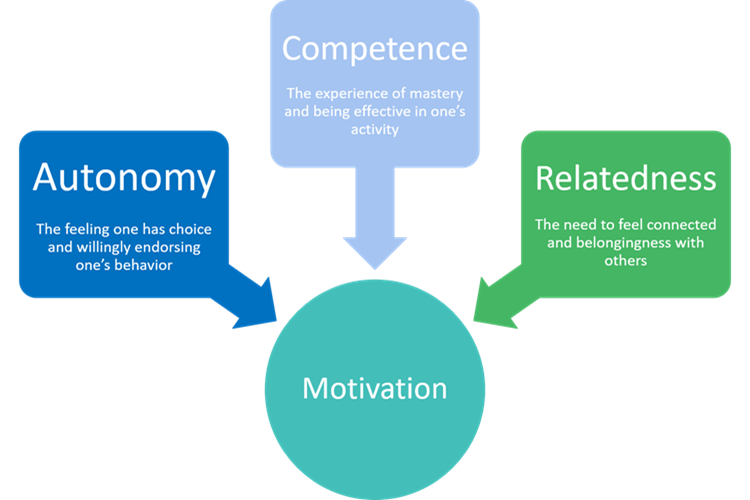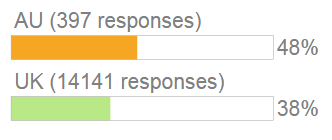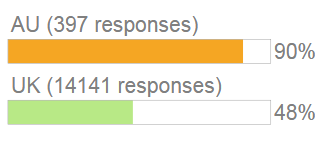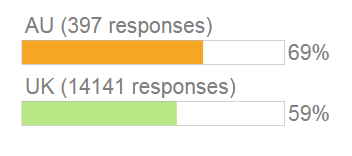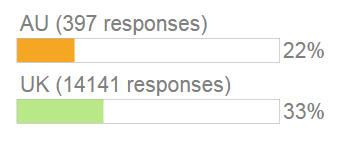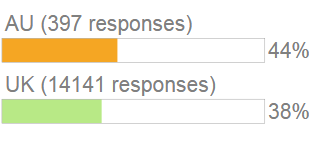In the next Academy Forum this year we explored the why and how of helping students to reflect on their learning. Our discussion started from the attempt to define what reflection is. Using the polling software we gathered initial thoughts from the attendees which touched upon different aspects of reflection including learning, challenging assumptions, noticing, evaluating and thinking about an action.

“Put simply, reflection is about maximising deep and minimising surface approaches to learning.” (Hinett, 2002 as cited in Philip, 2006, p. 37). Students who adopt a more surface approach to learning and students who have little interest in the topic are more likely to view any assessment as a means to an end. However, students who adopt a deep approach, committed to understanding the topic, and those who take the time to think about feedback are much more likely to improve their future performance. The difference between the two approaches (surface and deep) is that the ‘deep’ learner reflects on experience. Reflection is also a way of getting students to realise that learning is about drawing on life experiences, not just something that takes place in the lecture theatre. It helps students to think about what, why and how they learn and to understand that this impacts on how well they do (Philip, 2006).
As reiterated by Race (2002 as cited in Philip, 2006, p.37): “Reflection deepens learning. The act of reflecting is one which causes us to make sense of what we’ve learned, why we learned it, and how that particular increment of learning took place. Moreover, reflection is about linking one increment of learning to the wider perspective of learning – heading towards seeing the bigger picture. Reflection is equally useful when our learning has been unsuccessful – in such cases indeed reflection can often give us insights into what may have gone wrong with our learning, and how on a future occasion we might avoid now-known pitfalls. Most of all, however, it is increasingly recognised that reflection is an important transferable skill, and is much valued by all around us, in employment, as well as in life in general.”



